“Ambiguity is the main character” – In conversation with Rosa Anschütz
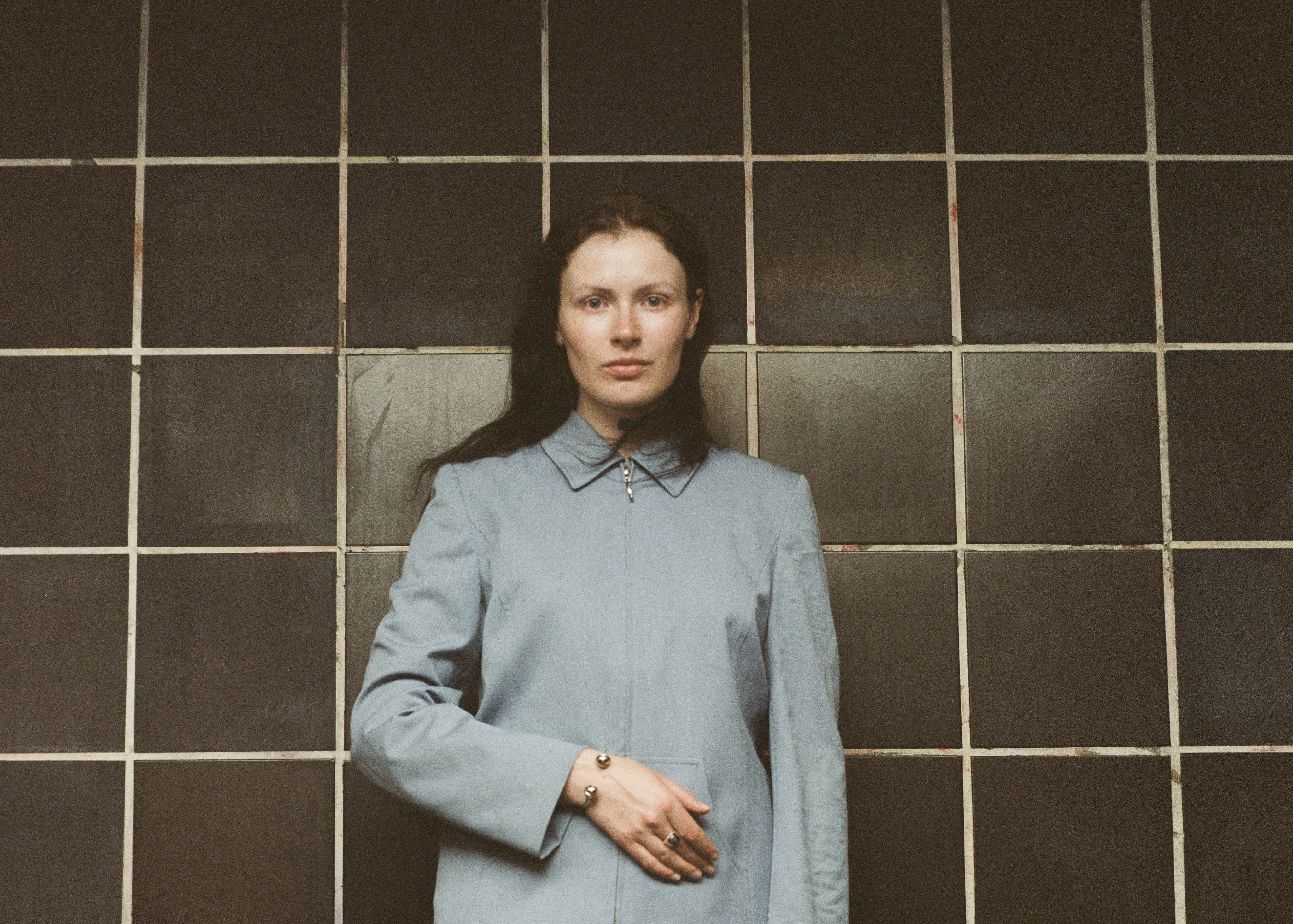
Rosa Anschütz will perform on Tuesday, 2. September at AIL as part of Unsafe+Sounds Festival‘s opening.
Hi Rosa, so we know each other from your time back in Vienna. The first show I put on for you was in 2019, I believe. Do you think Vienna was a good city to start your career in? Did you feel it helped in any way to be briefly part of the scene there? I mean – did you ever feel like part of a scene here?
In the first place I was running away from Berlin, searching for a smaller and calmer center, and also a place where I felt able to rewrite some paths for myself. I left a lot of burned bridges. Vienna was able to give me that, but I can not say that I felt like I was part of the scene, but I felt I visited many of them. The urge to make music is inseparable to the idea of articulating life, in the hope of understanding instruction and destruction.
And how is Berlin in comparison? The scene seems so oversaturated. Do you feel like you’re part of a bubble or part of a broader picture in Berlin? What’s the vibe like?
Being back here nothing to that approach has changed. I have always tried to refrain from bubbles other than my bathtub. I very actively go to shows, sometimes simply for the music and many times for a singular person and for reasons of affection and friendship. I never listened to music in a way, where I felt my position was to dissect its flesh, I simply react to music emotionally or not.
I had a fair share of being in a certain scene, which I could refer to as industrial goth, when I was a teenager in Berlin. The imbalance and power dynamics I experienced given my age have impacted me for a long time, that might be another reason for questioning factions.

Is it your hometown? Were you born in Berlin? Which Kiez did you grow up in?
Yes, I was born in Berlin, but at first I grew up very East bound first. When we moved into the city, my parents decided to go fully West – and I say that because the division of Berlin was still very tangible in my youth. In the end we spent most of our life in Charlottenburg.
Nostalgia and melancholia often haunt your songs. Melancholia refers to a longing for the past, a craving to return. Did you have a carefree childhood?
If we speak about the new album Sabbatical [2025, Heartworm Press], I wouldn’t refer to melancholy or nostalgia. To me this album feels like an anatomy of the past, but with a clear vision of it. The need for nostalgia and melancholia has often carried me away, but right now I just want to be present. Certainly I did not have a carefree childhood. ‘Watch Me Disappear’ gets a little into it.
Are your parents – or your family in general – somehow connected to the arts or music?
They are. Both of my parents, and my sister Lili is a talented stage and costume designer.
“A spit on the roots
that I come from
Loyalty should be simple
in all it’s forms
It’s not so hard to leave now
because my senses
feel dead
No
I’m not missing
what I had once
I’m more
kicking the traces
Took me years
To find answer
and now (…)”
excerpt from the lyrics of ‘Watch Me Disappear’ (from: Sabbatical)
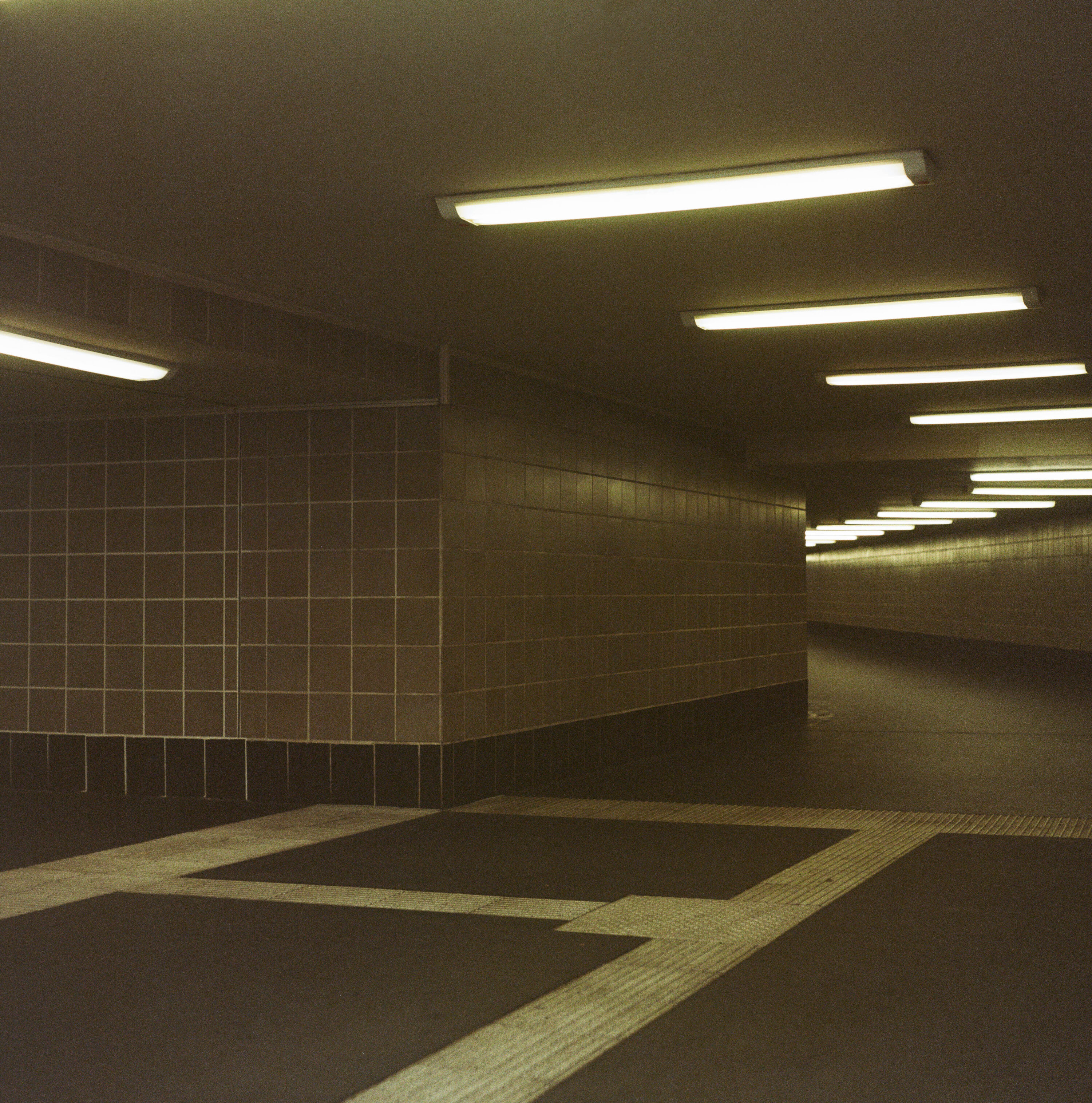
I had a feeling – maybe from your songwriting – that you started playing piano as a child. Some of your songs feature piano soundscapes, more as atmosphere than as a melodic lead. What’s your relationship with this instrument?
That is the case. There is an old piano in the house that I grew up in, and I wrote my first songs there. The reason it’s on the record is also tied to that circumstance – some of the songs were written many years ago on that piano.
Back then in Vienna, when we first met, you were studying fine arts in the transmedia class. Obviously, you were working in different media – but was there a primary mode of expression for you at the time, besides music?
I think it was the moving image – that’s what I started with in that class, and it was also the medium I graduated with. For the new album, I produced fourteen music videos – one for each track. I love cutting to sound in post-production. Last year, I scored my first films: one was How To Be Normal And The Oddness Of The Other World by Florian Pochlatko, which is also hitting Austrian cinemas this autumn, and the other was a documentary essay by Marie Zrenner titled SPRING IN KANGIQSUALUJJUAQ. I’ve always made my own music videos – I just sadly wasn’t always allowed to publish them.
I remember you already listened to artists like Coil, Throbbing Gristle, or Nurse With Wound back then. What drew you to these dark, occult, industrial artists?
The adjustment to a certain darkness as a very real part of life. This could relate to mental health, certain experiences, or a kind of bodily perception where violence exists.
It’s often through friends that one gets introduced to underground artists. What about you? What got you interested in these darker, subversive aesthetics?
My first encounter with industrial was in 2013, at the first re-edition of Berlin Atonal. It opened paths to a few labels, and I continued going to label showcases on my own. I also worked illegally under a different name at a lot of those festivals 🙂
Are you also drawn to Aleister Crowley, tarot, or magick – the spiritual side of that world?
I liked the term ‘chaos magick’ and started reading more about it while piecing together my first album Votive [Quiet Love Records], which explored religious terms and their objectification. With Interior [Klangbad] last year, I also felt drawn to a certain spirituality. Right now, I just like to remind myself how many things I don’t – and probably never will – know. That keeps the door to spirituality open, but also keeps the exit in sight.
“The adjustment to a certain darkness as a very real part of life”
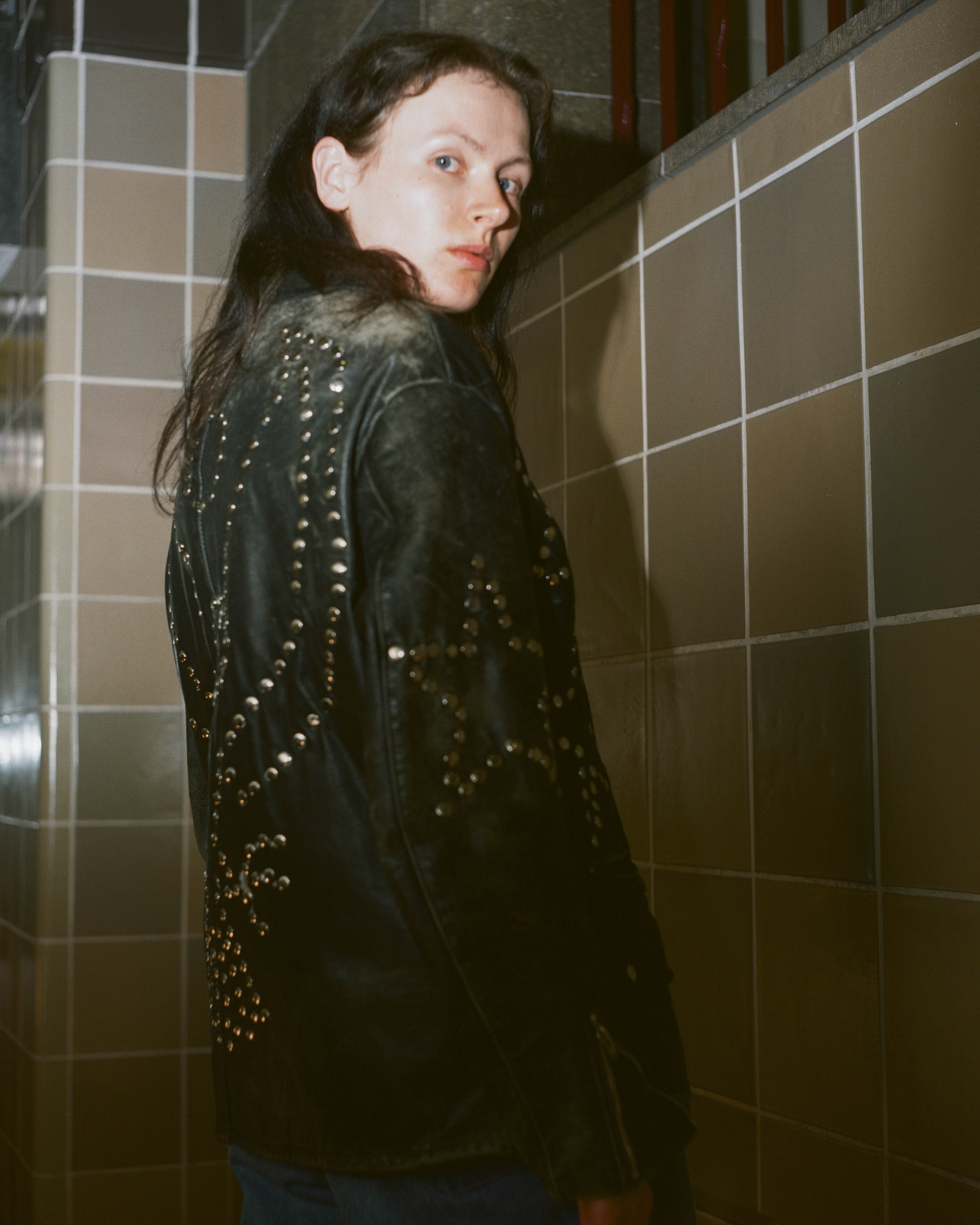
Cold wave is still a quite lively genre in the underground scene, though there’s artists like Boy Harsher or Molchat Doma take it to the big stage. I believe Boy Harsher even played Coachella this year. Eight years ago I still had them perform a 100 people venue in Vienna. After leaving Vienna, your career picked up pretty quickly. You had an agency early on, lots of followers, a proper fan base. Have you ever asked yourself whether you deliberately belong to the underground scene, or would you actually like to play really big gigs?
If they let me, I would play them all. Talking dreams and reality, I simply need the right people around me that work on achieving these things. I have defended my vision in front of labels, bookers, distributors and whatsoever and most of the time, when I spoke my mind, I was first fucked over. That was the reason for example, that I did every job myself last year with my record Interior, I didn’t make the experience of getting support from the string of people I worked with, so after leaving Vienna, I just worked triple as much. With the new record I see the communication to be different, it’s exciting and alive.
Let’s talk about your upcoming record Sabbatical – with 14 tracks it’s a proper album. Sabbatical means a break from labor, a pause for recreation. How did you come up with this framework?
It’s inspired by this woman — the mother of a friend — who’s a teacher and takes a sabbatical every now and then. It started as a bit of a joke, like: What, your mother is on sabbatical again this year? I liked the sound of it. I liked how it reflects capitalism — how you’re allowed to rest after a certain amount of work. It also has a bit of a witchy vibe to it, and something of Rock, Metal… I found that funny. The album — 14 tracks dating from 2013 to 2024 — became a culmination of some of my biggest issues. I think what connects them is addiction on a versatile level. Sabbatical felt like dusting off, cleansing, preparing a feast for friends.
The song “Eva” opens the album. We hear fragmented voices splinter in the background. In how far are you collecting fragmented pieces of yourself? If that question makes sense.
Eva is the theatrical beginning of an identity search. It’s the step before embarking on the Sabbatical journey — a moment of reflection on the things left untouched, the things never spoken out loud. ‘She choked on the ends nobody had eaten.’ In dirty linen, Eva confessed herself. She is running out of moments, because she kept it all to herself.
Alter egos, female revenants, femme fatale energy, invoking your demon brother – are you channeling something? What would that be?
Totally. I’m channeling a lot of it, and in the end, all of it has shaped who I am today. I needed that album for exactly that.
Your songs are very sensual, embodying feminine mystique – a deliberately ambiguous, powerful, emotionally charged presence that draws on archetypes of femininity but distorts, expands, or weaponizes them. They operate in that liminal space between vulnerability and force, presence and absence, intimate and distant, commanding and elusive. It’s charged by opposites in a way. What role does ambiguity play?
Ambiguity is the main character on this album, along with the adjustment to multitudes. In past releases, I struggled a lot with being perceived as female—how that was often sexualized or used to diminish me, especially as someone who’s open and vulnerable. I protected myself from any branding by my labels, if that meant to stay silent about my sexuality, which is a contradiction to the character features that I just mentioned and of course in the end affects the lyric writing. Sabbatical doesn’t care, it is ready to be torn apart, there is nothing hidden.
“It felt like dusting off, cleansing, preparing a feast for friends.”
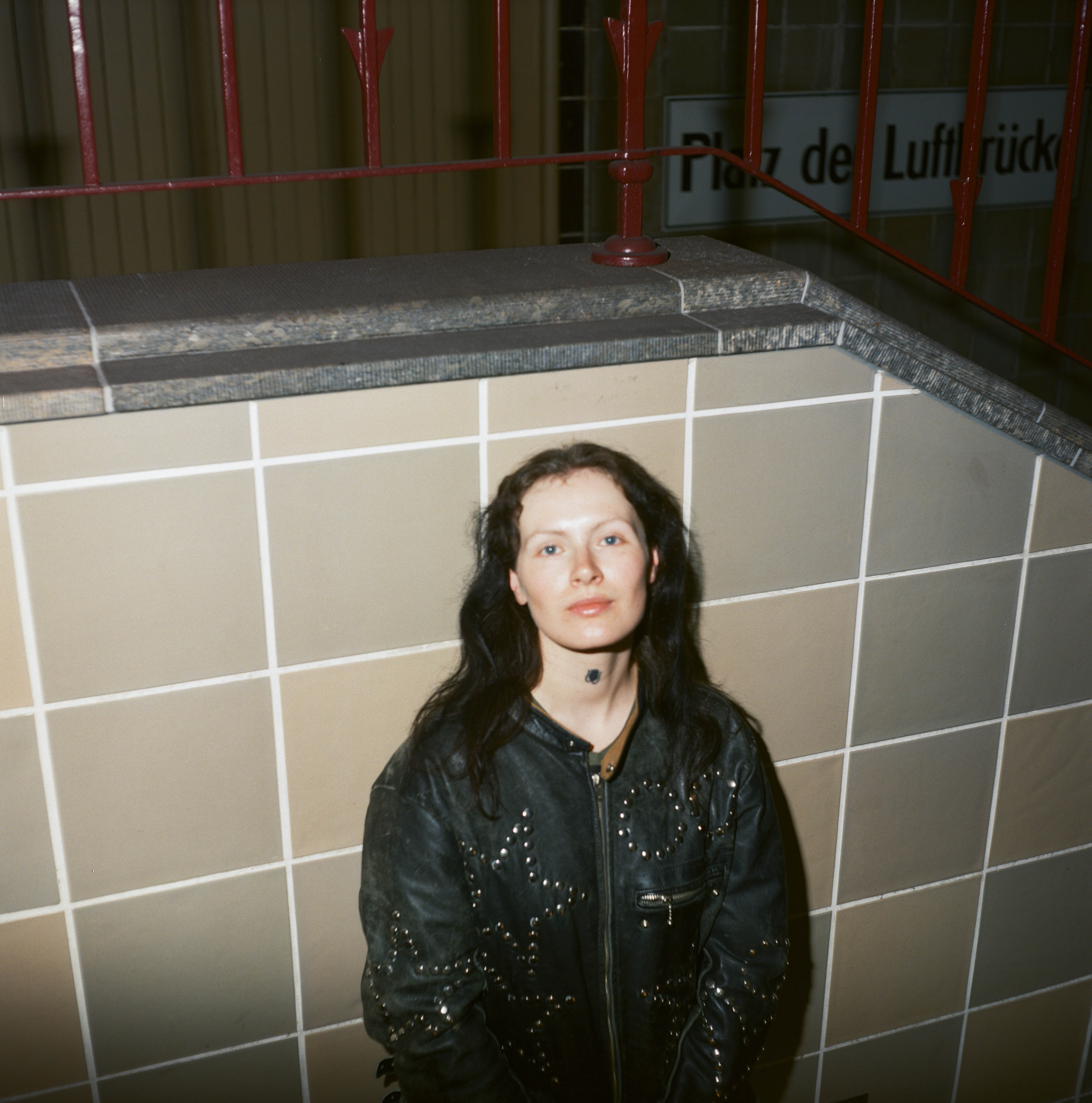
To me, your work often feels self-reflective, media-reflective. For example, in the video to ‘Chasing Pioneers’, your lips aren’t quite in sync – or at least slightly out of phase with the audio. It struck me as a refusal to fully “play the game.” That kind of self-reflexivity is familiar in the art world, but not so common in pop music.
I remember having fun editing that video because it was hard to match the lip-sync parts. My mouth was open in most takes – I was constantly running around on that football field and out of breath, which could easily give the impression that it’s off. In the end, I write songs about my life and what surrounds me – I reflect on it, and that becomes my work.
Last year, you recorded with Eros, a trio including legendary techno producer Karl O’Connor aka Regis, Einstürzende Neubauten producer Boris Wilsdorf, and MY DISCO’s Liam Andrews. When listening now to your latest single ‘Chasing Pioneers’ from Sabbatical I was somehow reminded of that constellation.
Another phrase from that single of mine is: “Give me reason to chase pioneers.” What I mostly thought about was how we handle the term pioneer in society. Once someone is granted that title, many other voices are left in the shadows. That’s the power dynamic of a male-dominated society on a larger scale – and if we narrow it down to a specific music scene, it’s the same process of drawing a line around certain artists who are said to have defined a genre or space. It doesn’t make sense – that’s my point. Then there’s the question of how people deal with being labeled pioneers themselves. In the end it’s about interaction from which I want to form my opinion and sometimes I’m proving myself wrong. And by answering your question, we’re doing exactly that – chasing pioneers – when maybe we could simply talk about the single and the music video, which already lay out a lot of what I’m dealing with in that track.

One of your most successful tracks is actually a remix by techno producer Kobusil. ‘Rigid‘ seemed to have changed your visibility a lot. Would you say it’s a track that haunted you – not only in a positive way?
‘Haunted’ is a good word, because looking back, it was also the experience of a lyrical piece being thrown into the arena – something that couldn’t be controlled or calculated. I think my writing changed a bit after that. I shared a trauma I hadn’t yet overcome. It was only years later, in an interview with Missy Magazine, that I spoke about the lyrics – about an experience of sexual assault during a long period of drug addiction. Sabbatical returns to this more vulnerable kind of writing. ‘Rigid’ provoked a very strong reaction in people, and I’m curious to see if some tracks on the new album will do the same.
Your songs often circle around power dynamics in romantic relationships. Are they driven by personal experience or are we also entering fictional spaces?
The song ‘Like Oxblood’ could be understood as a prolonged cleansing of ‘Rigid’. As I mentioned before, I’ve experienced this violence in the past – and this song addresses the person directly. I mean, ‘This song is dedicated to you’ couldn’t be more confrontational. For me, the violence was ongoing because it led me to question guilt – something we’re often told to carry, especially in the context of how we may have behaved in situations of sexual assault. That was the hardest part to let go of. And with ‘Rigid’ becoming this mainstream hit, I wasn’t really given the space to move on. Now, I do.
“You’re my hunter
and I hear it in your move
You’re my hunter
and I see it in your eyes
Tell me
Why do I feel guilty
Tell me
Why do I feel guilty”
excerpt from the lyrics of ‘Like Oxblood’ (from: Sabbatical)
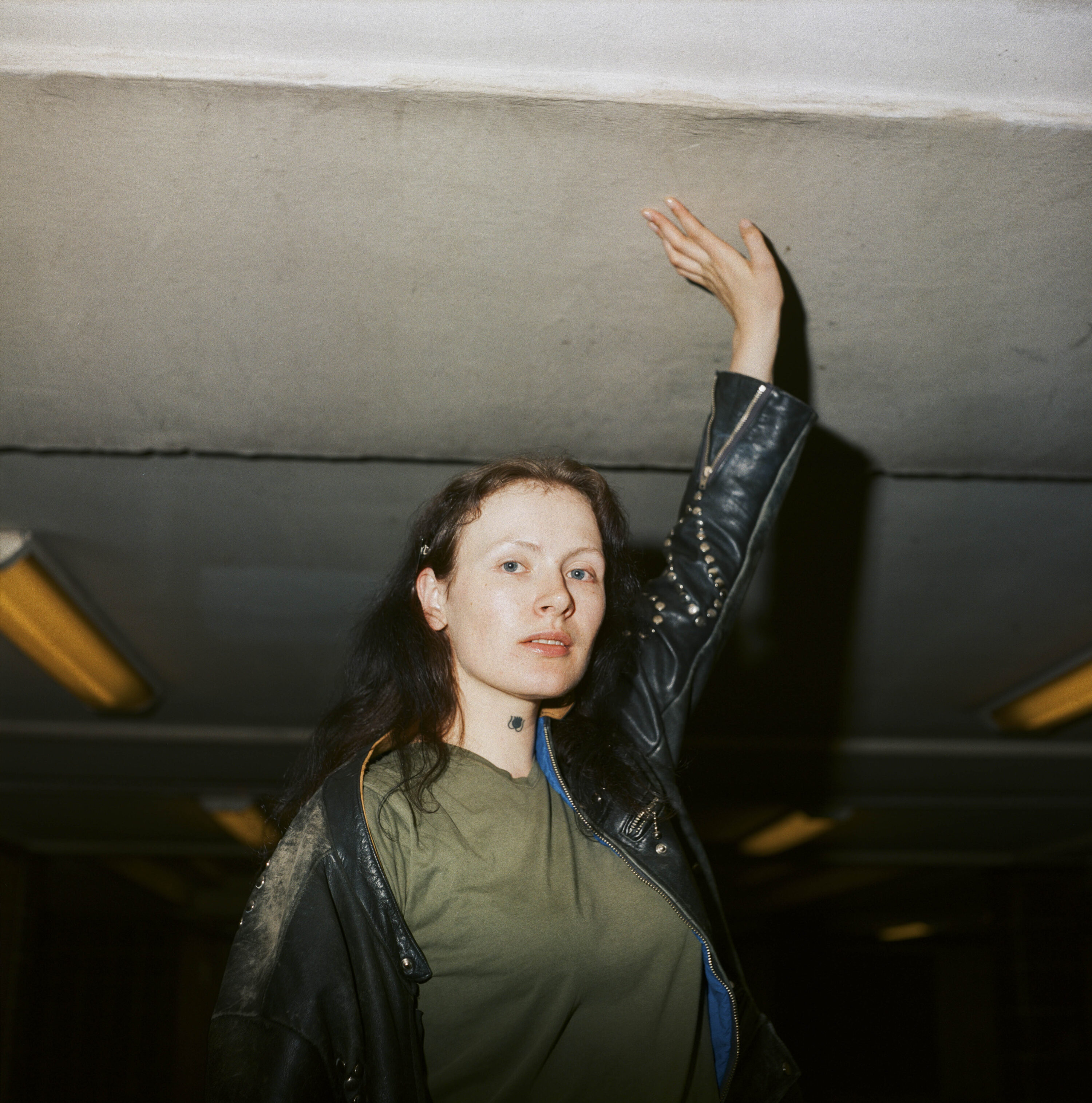
How do you cope with presenting such an intimate space on stage? Does it take a persona to make that possible?
No, it is all me – that is the beauty of it, but also sometimes really difficult.
It’s been a while since I last saw you perform, but back then your stage presence was very idiosyncratic – almost theatrical. I wonder if that’s a way of coping with being on stage, of really performing. Do you have acting experience? Your songs turn inward, but on stage you have to turn outward.
I think there is a part of me that is drawn to acting, but on the contrary I feel more myself on stage, arriving at some kind of center, some truth. I really cherish performing.
There’s a strong visual and symbolic language in your performance – in your gestures, costuming, movement. How important is the performative body to your live sets? Is there an element of trance, embodiment, or even possession when you’re on stage?
I, myself, go to see shows to have the pleasure of watching someone perform in a way that really feels like they’re working with their body. In general, I find it fascinating to observe a person’s body language – sometimes even more than what a person is saying. I like it when a performer is unobstructed, just on the mic – it’s so vulnerable. Maybe that’s similar to the respect we have for actresses on a theatre stage – though at concerts people never seem to shut up, something they would usually do in a theatre.
Spoken word plays an important role in your songs. Your recitation style reminds me of Cosey Fanni Tutti or even Kae Tempest. Would you say your lyrics are a text-based art form? Are you also a reader – of novels, poetry, etc.?
I have made these transitions in a live setting many times and always wanted to include them in an album. I think text is the lineage to my albums – something very precious to me. Sabbatical came about, in the end, because Wesley Eisold asked me to contribute poems to his poetry journal for Heartworm Press. Both artists that you mentioned are ones I hold very dear – I find their work profound and moving.
Thanks Rosa!
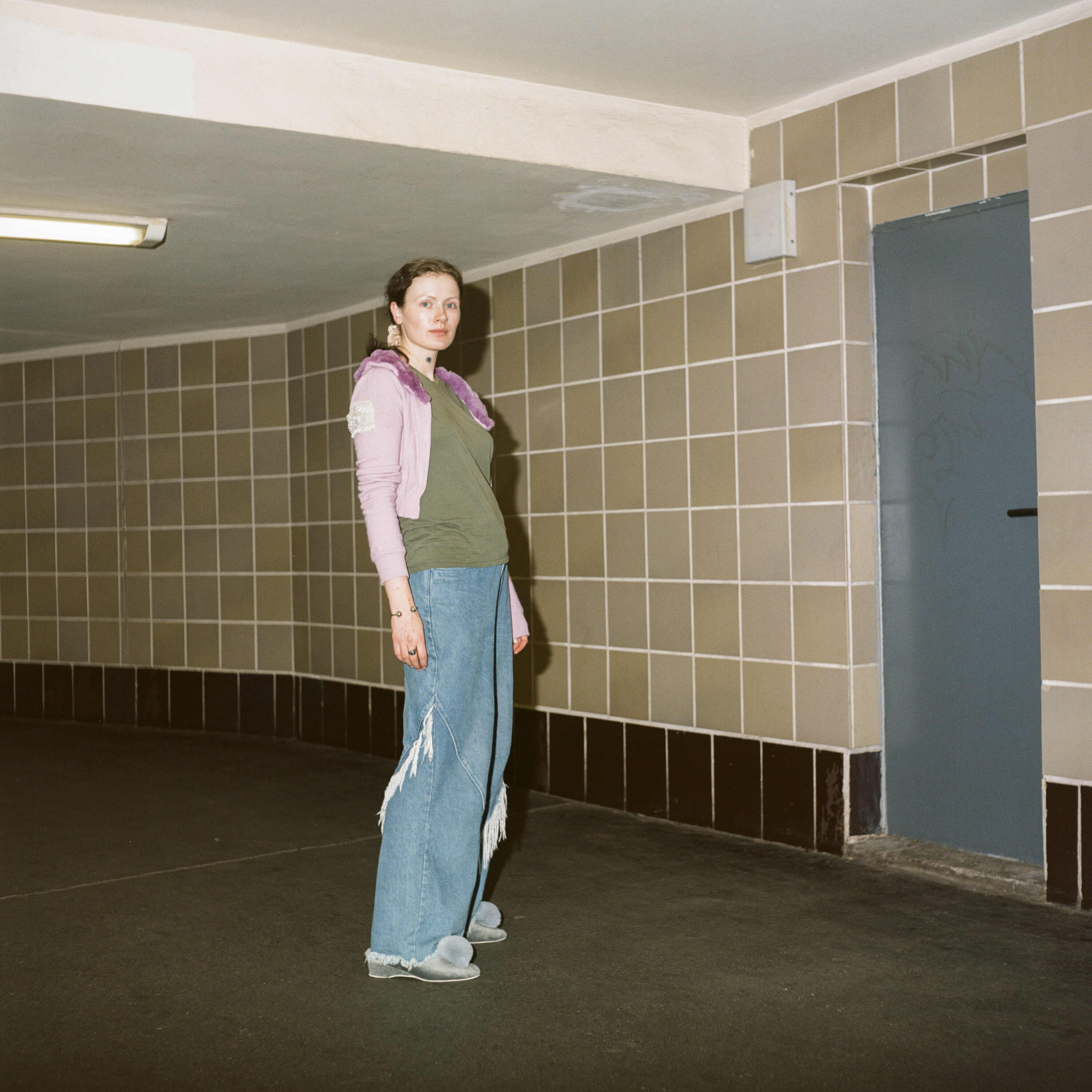

Rosa Anschütz

This article is brought to you by Struma+Iodine as part of the EM GUIDE project – an initiative dedicated to empowering independent music magazines and strengthen the underground music scene in Europe. Read more about the project at emgui.de
Funded by the European Union. Views and opinions expressed are however those of the author(s) only and do not necessarily reflect those of the European Union or the European Education and Culture Executive Agency (EACEA). Neither the European Union nor EACEA can be held responsible for them.